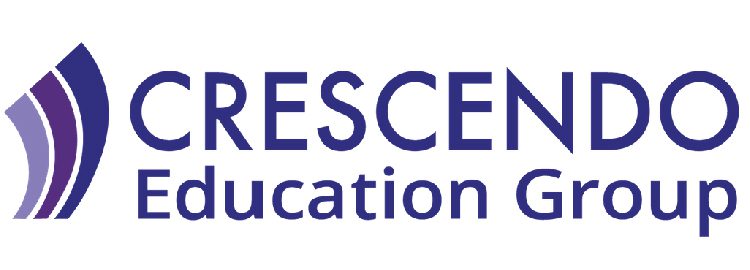Why Should We Care About Grading?
Nearly everyone in a school has concerns about grading, and they should.
For teachers, grading isn’t typically covered in teacher education programs, leaving them to replicate outdated practices without access to research on grading best practices. Many common grading approaches, like the 0-100% scale and extra credit, are based on debunked research and perpetuate achievement disparities. Traditional grading practices can also create stressful classrooms with students focusing on points rather than learning.
The result: Many teachers use grading practices that undermine their own otherwise-effective instruction, without even realizing it.
Grading is rarely discussed, leaving teachers with little support or guidance with this critical element of their work.
Principals and district administrators, who themselves have had no access to the research on effective grading, find it difficult to lead productive discussions about grading among faculty. Teachers’ grading practices become siloed, leading to wide variability in grading–one 10th grade English teacher can grade very differently than the 10th grade English teacher next door.
The result: A student’s grade can become more reflective of each teacher’s grading than the student’s proficiency in the course. This variability of grading across teachers also makes it riskier for administrators to rely on teachers’ grades to make strategic decisions.
Students aren‘t just concerned about grades. They’re stressed about them.
Grades are used for many high-stakes decisions about students–extracurricular eligibility, course access, employment, college admission and scholarships. The varying grading practices between teachers and classes breeds confusion and mistrust among students. And traditional grading often encourages students to view grades not as a description of their achievement at learning, but as a competitive game of point collection where learning is secondary.
The result: Many families, recognizing the significance of grades for securing opportunities like college admission and financial stability, reluctantly join in this “grading game.”
For too long, grading has been seen as an unavoidable flaw in our schools. Not anymore.
Our team of former and current educators equip teachers with the knowledge and skills to implement improved grading practices that are more accurate, bias-resistant, and motivational–in other words, more equitable. Drawing from contemporary research on adolescent development, culturally-sustaining pedagogy, mathematics, and motivation, our approach benefits both teachers and students alike.
With equitable grading, the results are powerful.
Teachers witness a reduction in student failures while also preventing grade inflation.
Students feel more motivated to persevere through challenges and experience decreased stress. Teachers also find themselves grading less busy-work, providing more meaningful feedback, and building more collaborative relationships with their students, leading to a renewed sense of fulfillment in their profession.
As one teacher explained, “This work of improving grading has brought the joy back into teaching for me.”
What We Believe
How We Approach Our Work

